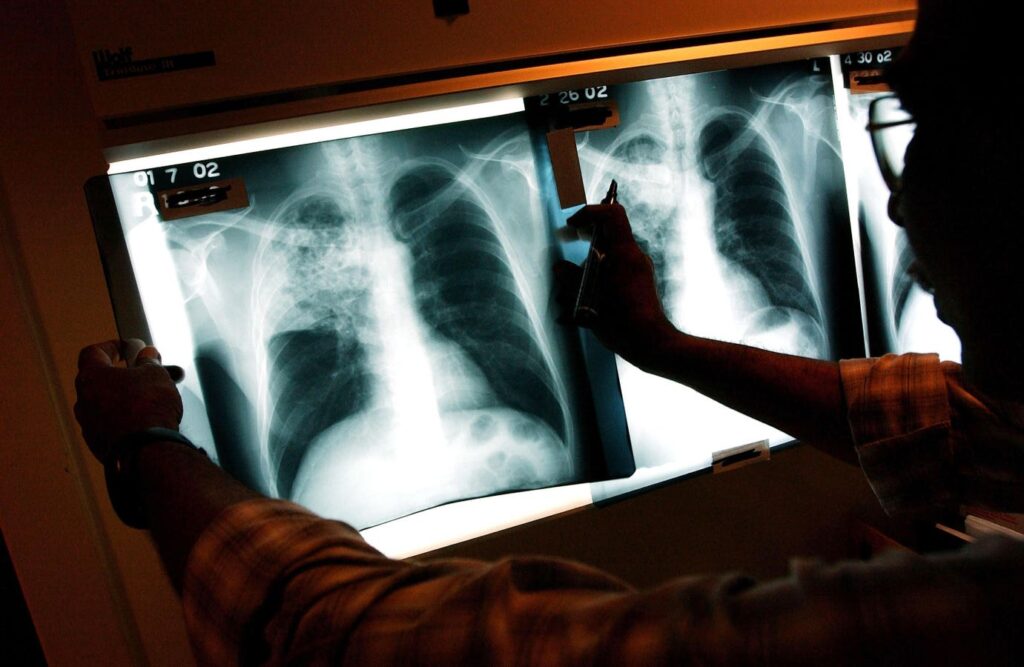
Title: By 2040, Over 62.4 Million People in India Might Have Tuberculosis: Study
A recent study has alarming predictions regarding the future of tuberculosis (TB) cases in India. The researchers estimate that by 2040, over 62.4 million people in India may contract TB. This staggering figure is a stark reminder of the gravity of the situation and the urgent need for action.
The report emphasizes the dire health and economic burdens that TB poses to low-income households. These individuals will bear an even greater share of the brunt, while high-income households will be disproportionately affected by the disease’s devastating impact on the economy.
In a world where progress towards UN Sustainable Development Goals has already fallen short, this new study serves as a grim reminder of the challenges that lie ahead. The researchers underscore the necessity for considerable increases in funding, particularly in research and development for new TB diagnostic tools, treatments, and vaccines.
The most effective strategy to prevent a surge in TB cases is improving case detection rates. In fact, enhanced detection and diagnosis could yield more significant benefits than developing new TB drugs.
Notably, it was reported that less than half of the necessary funding of $2 billion per year ($0.9 billion) was invested globally for research and development purposes in 2020. The Stop TB Partnership, a non-profit based in Switzerland, underscored this critical need for further investment.
Given India’s significant contribution to the global TB burden (28%), it is essential that the country takes steps to address this issue head-on. The proposed combination of an improved treatment regimen and enhanced TB detection rates could potentially be cost-neutral and have a profoundly positive impact on the nation’s healthcare system.
The researchers concluded that if these interventions are implemented, over 7 million fatalities and more than 48 million cases of TB could be prevented. This is a stark reminder of the importance of addressing this issue now rather than later.
Ultimately, it will take a concerted effort from governments, organizations, and individuals to combat this devastating disease.
Source: www.forbes.com


